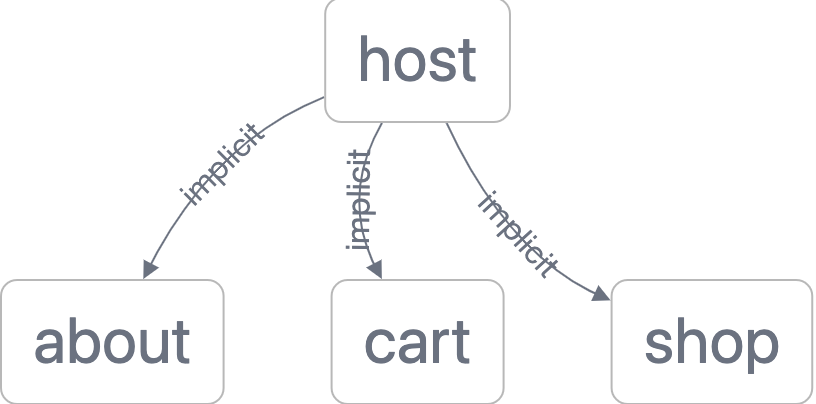What's new with Monorepo Federation on Angular and its Benefits

Nx Federation with Angular
Nx is a powerful set of extensible dev tools for monorepos, which includes support for Module Federation with Angular. Module Federation is a technique that allows developers to share code between multiple applications at runtime. It enables the creation of micro-frontends, where different parts of an application can be developed and deployed independently.
As Module Federation allows you to split your application into smaller deployable chunks that are only required at runtime, you can take advantage of this to reduce the build times of your application.
You can run the builds of multiple smaller applications in parallel and deploy all of them together, maintaining a single release cadence and coordination across teams but benefiting with reduced build times locally for developers and in CI.
If you add Nx Cloud to your Nx Workspace, then you can even get cache hits from some of the builds from other team members and CI, reducing the build time further.
To set up Nx Federation with Angular, you can follow these steps:
- Configure the module federation settings in the
module-federation.config.jsfile. For more detailed instructions and advanced guides on how to utilize Module Federation with Nx and Angular, you can refer to the official Nx documentation 1.
Generate a remote application using the @nx/angular:remote generator:
nx generate @nx/angular:remote remote --host=host
Note: The --host=host option specifies that the remote application will be consumed by the host application.
Generate a host application using the @nx/angular:application generator:
nx generate @nx/angular:application host
Install the necessary framework plugin for Angular:
npm install @nx/angular
Create an empty workspace using the create-nx-workspace command:
npx create-nx-workspace@latest
Module Federation with Nx provides several features to assist in developing a Module Federation architecture, such as generators for scaffolding remotes, hosts, and federated modules 2. It also supports Angular Universal for Server Side Rendering (SSR).
Please note that managing versions of packages and libraries can be important when using Module Federation, as different versions can cause issues. Nx provides support for managing library versions, and you can refer to the "Manage Library Versions Guide" for more information 2.
I hope this helps you get started with Nx Federation and Angular! Let me know if you have any further questions.
Federation enhances Angular performance in several ways:
- Code Sharing: Module Federation allows for the sharing of code between different Angular applications. This reduces duplication and improves performance by avoiding the need to load the same code multiple times. Shared libraries and dependencies can be loaded once and cached, resulting in faster load times and improved overall performance.
- Lazy Loading: With Module Federation, micro frontends can be loaded on-demand, known as lazy loading. This means that only the required parts of the application are loaded when needed, reducing the initial load time and improving performance. Lazy loading also allows for better resource management, as only the necessary code is loaded, resulting in a more efficient application.
- Scalability: By breaking down a large monolithic Angular application into smaller micro frontends, Module Federation enables better scalability. Each micro frontend can be developed and deployed independently, allowing for parallel development and reducing the impact of changes on the entire application. This modular approach improves performance by enabling teams to scale individual parts of the application as needed.
- Isolation: Module Federation promotes isolation between micro frontends, allowing them to be developed and deployed independently. This isolation improves performance by reducing the impact of changes in one micro frontend on others. It also enables teams to choose the best tools and technologies for their specific micro frontend, optimizing performance for each individual part of the application.
- Efficient Communication: Efficient communication between micro frontends is crucial for performance. Module Federation provides strategies for cross-micro frontend messaging, such as event-driven interactions. Angular developers can use shared services like the EventEmitter service to decouple micro frontends and enhance modularity, resulting in improved performance.
It's important to note that while Module Federation can enhance Angular performance, it should be used judiciously and based on the specific requirements of the application. Careful consideration should be given to the size and complexity of the application, as well as the trade-offs between code sharing and isolation.